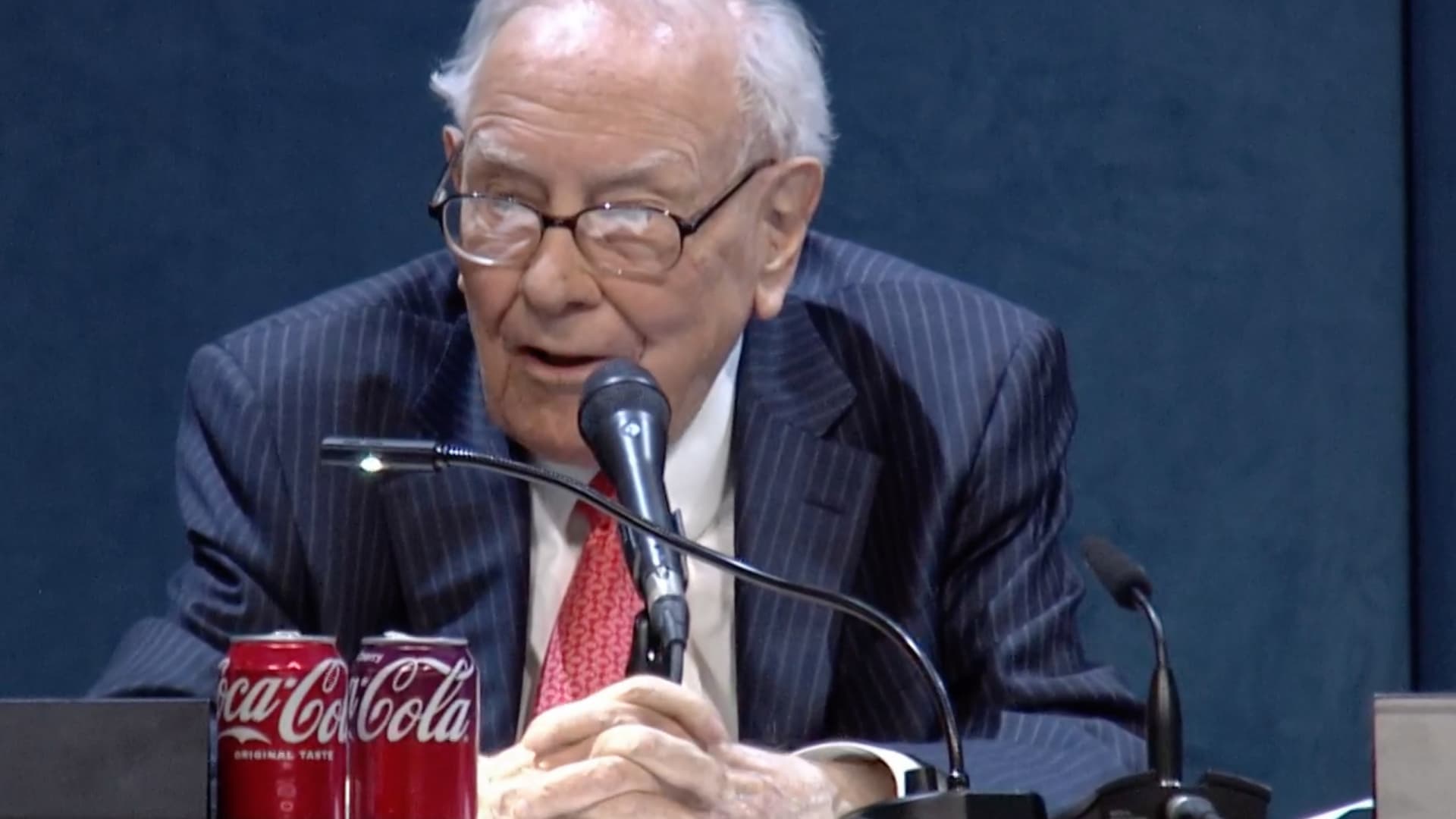Warren Buffett has set the record straight that he was frustrated about the undoing of the Kraft Heinz merger, which he meticulously orchestrated a decade ago. That’s led many on Wall Street to conclude the only thing left to do for the Oracle of Omaha is to dump the stock. “It certainly didn’t turn out to be a brilliant idea to put them together, but I don’t think taking them apart will fix it,” Buffett told CNBC Tuesday. The 95-year-old investment legend took issue with the $300 million of additional costs from the split, the lengthy time the deal will take and the fact that shareholders didn’t get to vote on the transaction. His conglomerate Berkshire Hathaway is Kraft Heinz’s biggest shareholder by far, holding a 27.5% stake. Kraft Heinz marks a rare blemish in Buffett’s decades-long track record, with the mac-and-cheese and Oscar Meyer hot dog purveyor having plunged nearly 70% since its merger in 2015. The losses were mitigated, somewhat, by the billions of dollars in dividends Berkshire collected over the years. Berkshire wrote down the value of its Kraft Heinz stake by $3.8 billion in its second-quarter earnings report. An overhang on the stock Buffett, who’s typically a passive investor, let it be known that his successor Greg Abel had expressed concerns about the breakup deal to Kraft Heinz a week ago, which didn’t make a difference even coming from its largest shareholder. Buffett said he will do whatever is in the best interest of Berkshire. If Berkshire is approached to sell its shares, Buffett said he will not accept a block bid unless other shareholders receive the same offer. “We expect Berkshire’s tenuous ownership position to continue to pressure the shares,” TD Cowen said in a note to clients. “These comments reinforce our view that Berkshire’s position represents an overhang to the stock due to the likelihood they will exit their position.” It’s unclear how Berkshire might get rid of the underwater position. As an owner of more than 10%, if Berkshire decides to sell shares on the open market, it is subject to regulatory reporting of any sales within two business days. “Beyond any worries that investors might have with the plan itself, they must also grapple with the possibility that Buffett will now dump his stock,” said Don Bilson, head of event-driven research at Gordon Haskett. “Working through that sizable overhang will create another obstacle for the stock.” Shares of Kraft Heinz fell 7% Tuesday when the deal was formally announced and when Buffett voiced his disappointment. The Pittsburgh-based ketchup maker is now down 12% year to date after sliding 17% in 2024. The split will once again separate Kraft Heinz into two companies: one focused on sauces, spreads and shelf-stable meals and a second that includes North American staples like Oscar Mayer meats, Kraft cheese singles and Lunchables. In 2015, Berkshire teamed up with Brazilian private equity firm 3G Capital to merge Kraft Foods with H.J. Heinz. 3G Capital quietly exited its Kraft Heinz investment in 2023, after years of periodically trimming its stake as the company struggled. “We think perceived shareholder overhang is coming to the forefront,” JPMorgan said in a note this week. — CNBC’s Michael Bloom contributed reporting.
Buffett’s likely exit from Kraft Heinz is a problem for the mac-and-cheese stock
